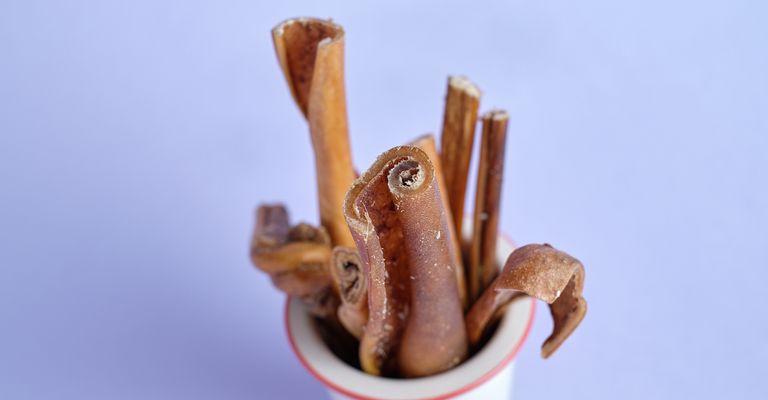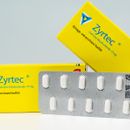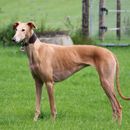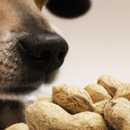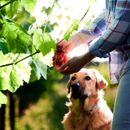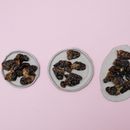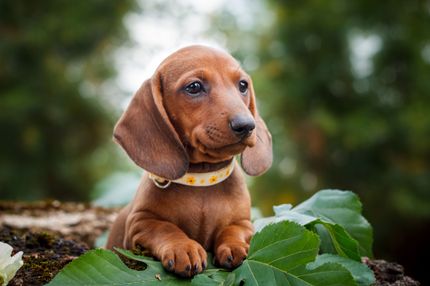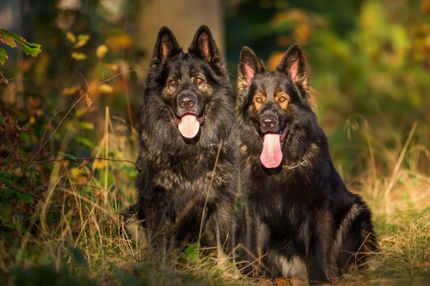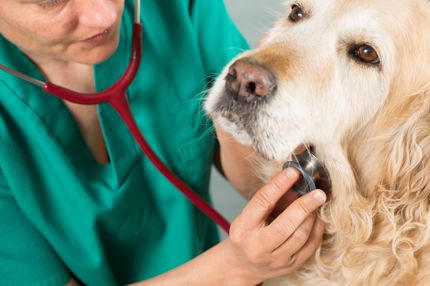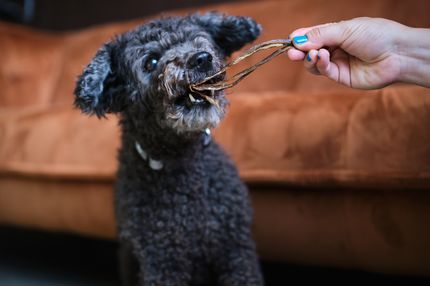Dried horsehide is available in many pet stores as a chew item for dogs. But how safe and healthy is this snack for your four-legged friend? In this article, we explore the question of whether dogs are allowed to eat dried horsehide and what the advantages and disadvantages of this chewing snack are.
Are dogs allowed to eat dried horsehide? A comprehensive guide
Dried horsehide is rich in protein, which means it can support your dog's muscle health. It also provides a natural way for dogs to strengthen their chewing muscles and prevent tartar.
Advantages of dried horsehide
- Natural chewing pleasure: Dogs have an innate urge to chew. Dried horsehide can help them act out this urge in a healthy way.
- Teeth cleaning: Chewing on hard horsehide can help remove plaque from a dog's teeth for healthier teeth.
- Allergy Friendly: For dogs that are allergic to beef or poultry, horsehide can be a great alternative.
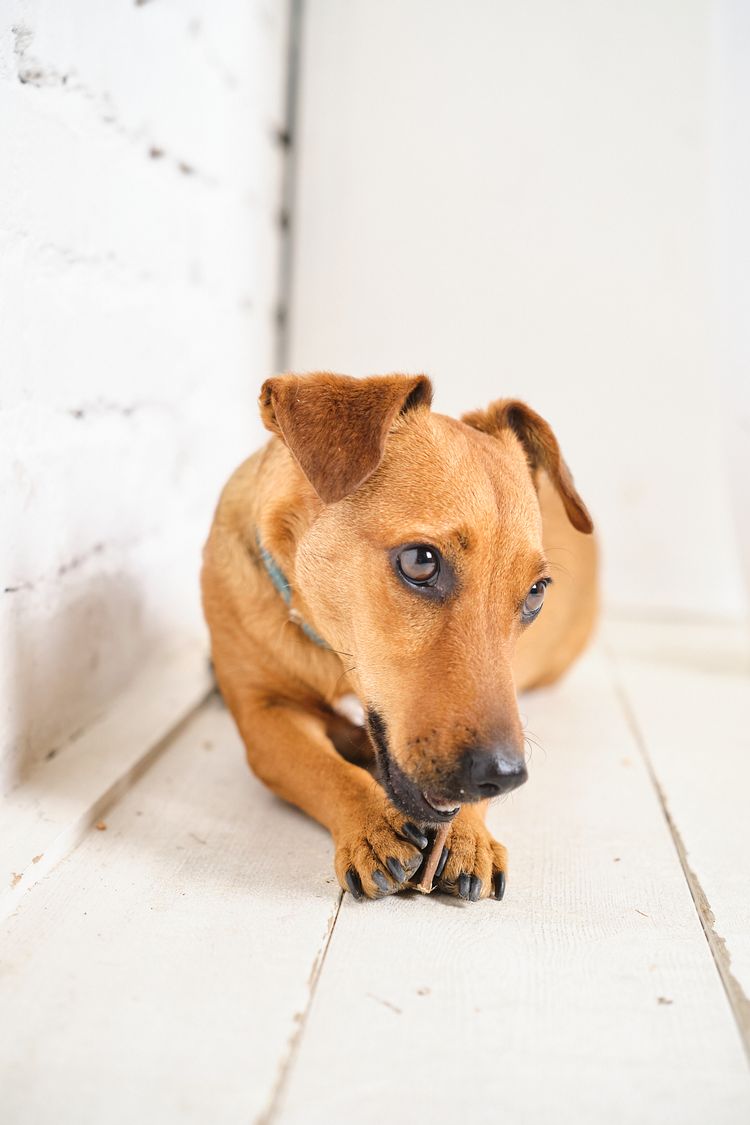
Risks and precautions
- Ingestion: As with other chewables, dried horsehide poses a risk of larger pieces being broken off and swallowed. This can lead to choking or intestinal obstruction.
- Chemical Treatment: Some products may be treated with chemicals to extend their shelf life or keep pests away. Therefore, when buying, look for indications such as "natural" or "without additives".
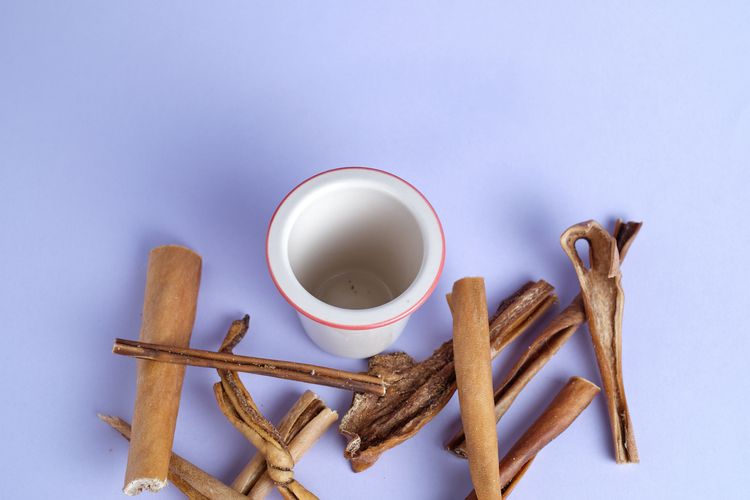
How to feed dried horsehide correctly
- Under supervision: never leave your dog unattended with a chew.
- The right size: choose the size of horsehide to fit your dog's size to minimize the risk of ingestion.
- In moderation: As with all snacks, dried horsehide should be fed in moderation and not as a main food.
Dogs may consider dried horsehide to be safe to eat. It offers many benefits, from cleaning teeth to satisfying natural chewing urges. However, dog owners should always ensure quality and supervise their dog while chewing. With the right precautions, dried horsehide can be a safe and nutritious snack for your four-legged friend.
What nutrients does dried horsehide have?
- Protein: As with other animal products, dried horsehide is a source of protein. Protein is essential for building and repairing tissues and muscles.
- Fat: Depending on how the horse hide is processed, it may also contain fat, especially if there is residual skin fat.
- Collagen: Skin naturally contains collagen, a protein responsible for the structure and elasticity of the skin. However, when consumed, collagen cannot be absorbed directly by the body as such; it is first broken down into amino acids.
- Minerals: Like many animal products, dried horse hide may contain small amounts of minerals such as calcium and phosphorus, especially if portions of the underlying tissue are still present.
- Vitamins: Dried horse hide may contain small amounts of certain vitamins, with exact levels depending on processing and the original condition of the hide.
However, it is important to emphasize that dried horsehide is not intended as a primary food source for dogs. Its main purpose is to satisfy the dog's chewing instinct and contribute to teeth cleaning. If you want to know the exact nutritional content of a particular product, you should contact the manufacturer or check the product label.
